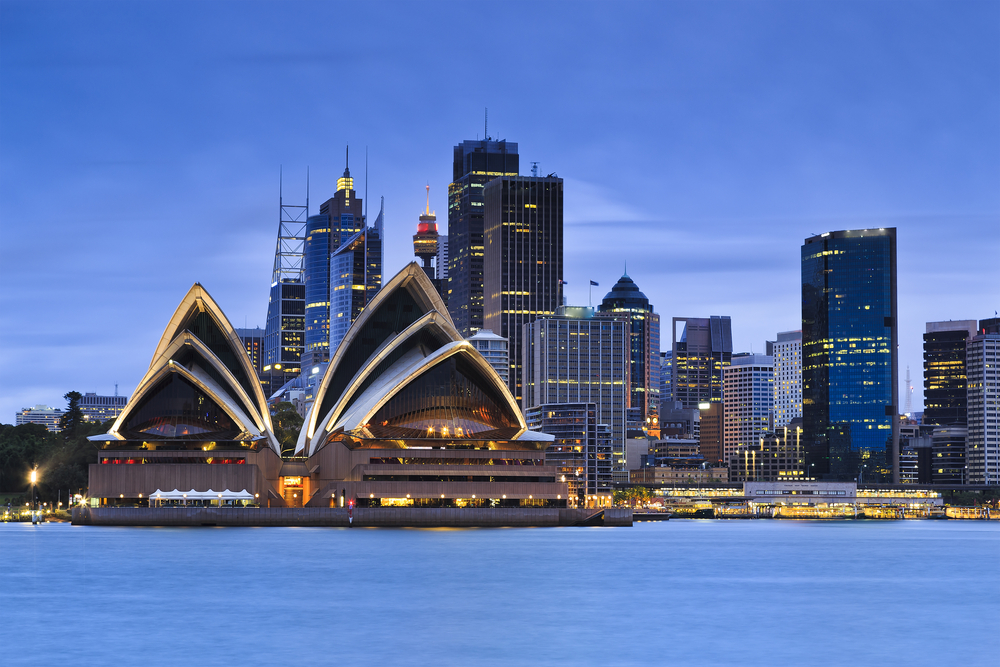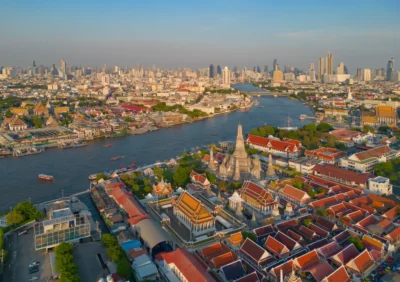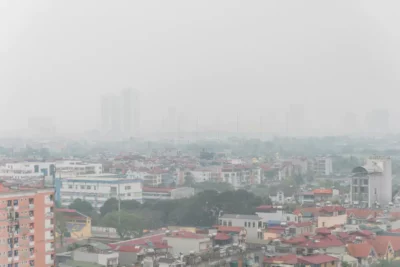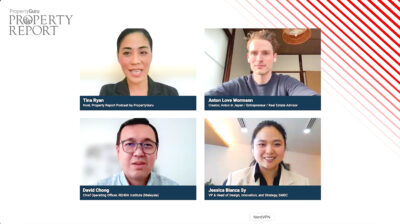Australia’s opportunity for a Southeast Asian-boosted economy
The ease of inflation is met by a rise of interest rate in an attempt to maintain the economy
Interest rates in Australia’s economy has been rising, prompting Shannon Battison, the national president of the Australian Institute of Architects, to communicate her concerns on the sudden boost the real estate sector has witnessed in 2022, which did not continue into the new year due to the climbing interest rates, forcing developers to halt ongoing projects, reported The Guardian.
The Reserve Bank of Australia (RBA) expected even more of an increase in interest rates by the end of the year with the decrease in inflation. Some analysts believe that the impact of these interest rates will be felt more intensely and for a longer period of time, especially as mortgages double from its original two percent fixed rate. Companies have even started joining external administrations for loans.
Multiple business associations spoke through Andrew McKellar, the CEO of the Australian Chamber of Commerce and Industry, saying that the RBA should not overestimate the country’s economic health despite its speedy recovery after the pandemic. While inflation is easing, it does not mean increasing interest rates would benefit the economy.
More: Australia is back in business with Asian investors
This affects Australia’s relations with one of the world’s most dynamic economic regions, Southeast Asia. In his column on The Business Times, Australia’s special envoy for Southeast Asia, Nicholas Moore, discussed Australia’s two-way trade with ASEAN countries, revealing that it has reached AUD127 billion (USD117.3 billion) in 2021, making up 14 percent of Australia’s overall trade at the time. This can reflect or even improve in 2023 with more Australian businesses participating in external administrations.
Australia can offer support to Southeast Asia in terms of living sustainably and building a clean energy sector, just like in the Singapore–Australia Green Economy Agreement. In return, Southeast Asian nations can help boost Australia’s economy through trade and possible investments. This way, the two region’s relationship can be maintained, and both can reach their specific economic or sustainable goals with the help of each other.
The Property Report editors wrote this article. For more information, email: [email protected].
Recommended
AI transforms Asia’s real estate sector: Enhancing valuation, customer interaction, and sustainability
From property valuation to measuring sustainability, AI is impacting nearly every aspect of Asia’s real estate industry
Bangkok’s luxury real estate flourishes amid economic challenges
New luxury mega projects boost the top end of Bangkok’s market, but stagnancy reigns elsewhere due to weak liquidity and slow economic growth
Investors shift focus to suburban and regional markets as Australian urban housing prices surge
Investors are gravitating to suburban areas and overlooked towns as Australia’s alpha cities see skyrocketing demand and prices
Hanoi’s air pollution crisis: Balancing urban growth with environmental sustainability
Hanoi’s worsening annual toxic smog is highlighting the pressures of balancing sustainability with rapid economic growth
U.S. tariffs pose challenges to China’s housing market amid economic slowdown
Escalating US tariffs are expected to strain China’s slowing economic growth and dampen buyer confidence, creating trouble for the country’s housing market







